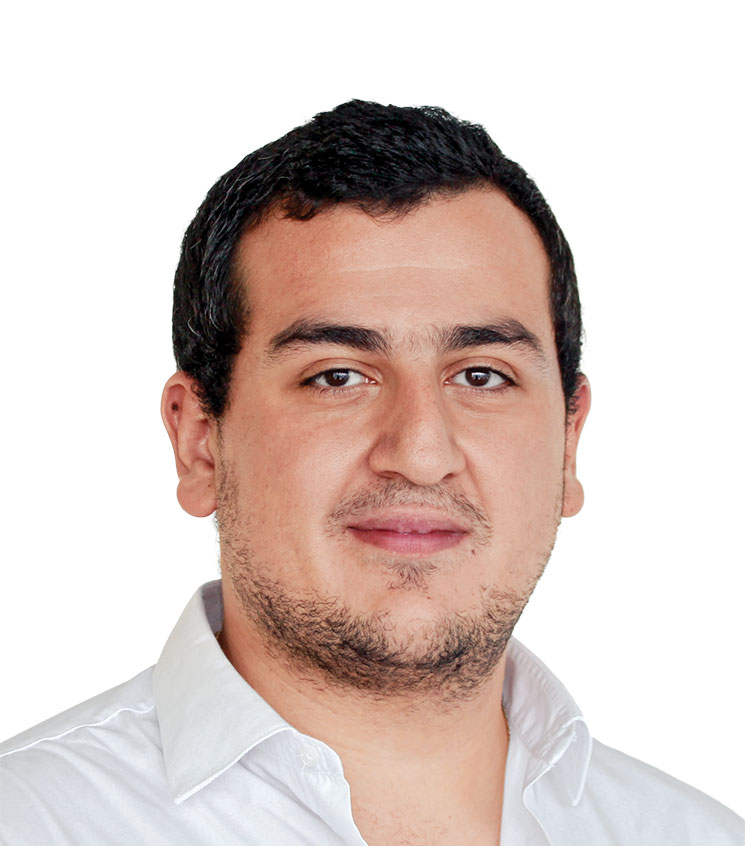
AIFA, Airbus, Supply Chains: The Week in Aerospace
 By Antonio Gozain | Senior Journalist and Industry Analyst -
Wed, 03/16/2022 - 13:30
By Antonio Gozain | Senior Journalist and Industry Analyst -
Wed, 03/16/2022 - 13:30
The Felipe Ángeles International Airport (AIFA) continues preparing for its opening on March 21, 2022. Meanwhile, Airbus is exploring high-voltage batteries during test flights of an electric light aircraft, aiming to apply battery power in a supportive role in larger aircraft.
Buckle up! This is The Week in Aerospace!
Russia-Ukraine War Could Cause Aerospace Supply Shortages
The conflict between Russia and Ukraine has shaken aerospace manufacturing. Under the circumstances, Embraer warned of potential issues sourcing metals due to the armed conflict and the sanctions imposed on Russia by the EU and other countries.
“We have contracts with other suppliers but the entire industry was buying supplies from Russia. Suppliers buy from other suppliers, which is why the supply of titanium is our main concern,” said Antonio García, Executive Vice President and CFO, Embraer.
COFECE Publishes Recommendations for AIFA
COFECE published several recommendations to maximize competition within premises to benefit AIFA users. After analyzing AIFA’s access system for taxis and buses providing transport services, COFECE concluded that its open system will generate incentives that will motivate service providers to offer better prices and quality. This open system is a completely different approach from the one taken by other airports but COFECE claims it is necessary to increase AIFA’s land connectivity.
Airbus Explores High-Voltage Battery Potential for Non-Propulsive Roles
As part of the construction of distributed electric propulsion aircraft, Airbus introduced its new high-voltage lithium-ion main battery system. This innovation is pushing the limits for the use of high-voltage batteries on an aircraft, reported A21.
“The power level of the battery is not only sufficient to drive EcoPulse’s six electric thrusters, but is similar to what would be needed for secondary non-propellant systems on a commercial aircraft, so they are exploring this option separately, as part of their micro hybridization research,” said Julien Laurent, Battery Project Leader, Airbus.
Aeroclusters: Essential Elements of Mexico’s Aerospace Industry
Mexico’s aerospace clusters are key elements for the industry because they help the sector advocate for itself and advance to remain competitive. While each cluster represents the companies within its particular region, they closely collaborate with each other to make the Mexican aerospace industry highly attractive. Their goals include making Mexico’s aerospace industry self-reliant and increasing demand.
View from the Top
Do not miss this week’s interviews with aerospace industry leaders Juan Carlos Corral from Querétaro Aerocluster, Félix Antelo from Viva Air Group and Carlos Robles from FEMIA.
















